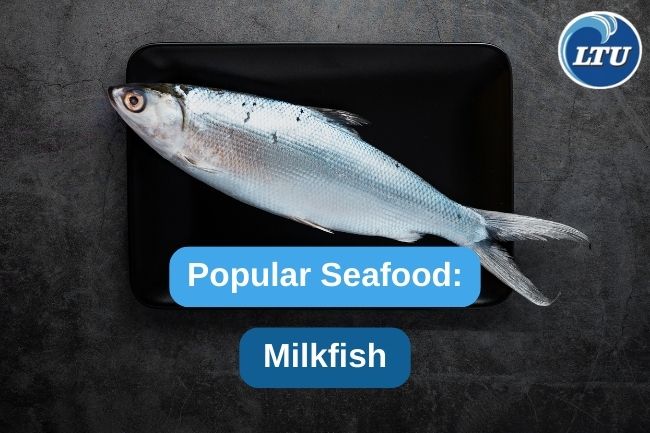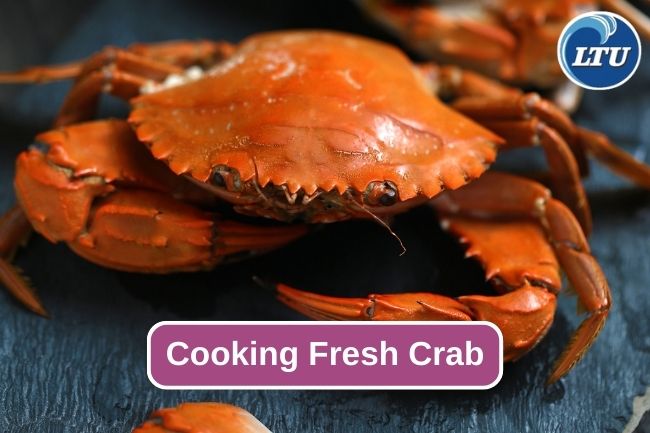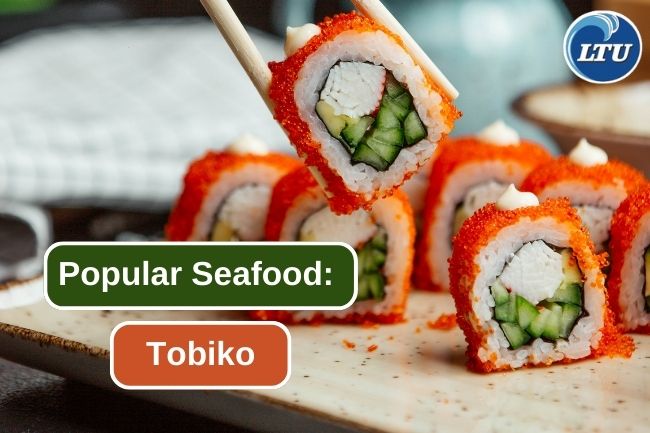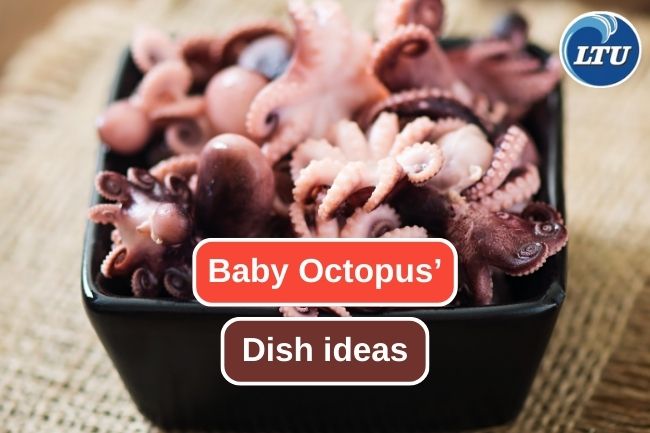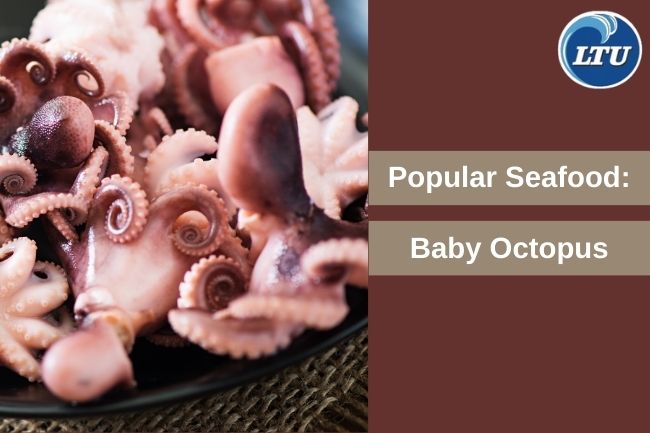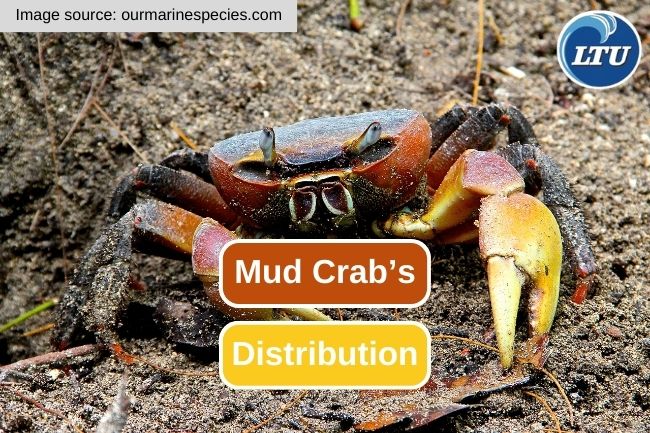These Are 5 Sea Creature That Can Produces Gelatin
By. Nevanda - 05 Jun 2023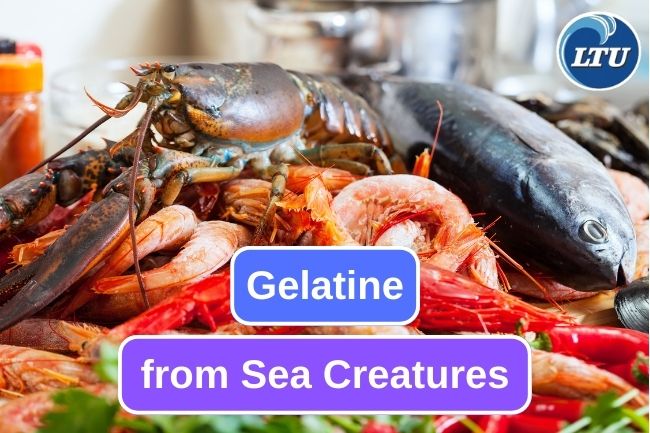
lauttimur.com - Gelatin is a protein substance derived from the collagen found in the skin, bones, and connective tissues of animals. It is commonly used in food, pharmaceuticals, and various other applications. Gelatin is widely known for its gelling properties, which give desserts, gummy candies, and other products their characteristic texture.
While gelatin is traditionally derived from land animals such as pigs and cows, it is also possible to extract gelatin from sea creatures. Marine sources of gelatin can include fish skin, fish scales, and certain types of shellfish, such as shrimp and crabs.
Read also: 5 Easy Steps To Make Salted Squid
1. Fish
Fish skins and scales, particularly from species like cod, pollock, and tilapia, can be utilized to extract gelatin. These parts contain collagen, which can be processed to produce gelatin.
2. Shrimp
Shrimp shells, which are often discarded as waste, can be a valuable source of gelatin. The shells are rich in chitin, a polysaccharide that can be converted into chitosan, a substance that can be further processed to obtain gelatin.
3. Crabs and Lobsters
The shells of crabs and lobsters are another potential source of gelatin. They contain chitin, similar to shrimp shells, which can be processed to produce gelatin.
4. Squid and Cuttlefish
These cephalopods possess skin and connective tissues that can be used for gelatin extraction. The collagen-rich parts of squid and cuttlefish can be processed to obtain gelatin.
5. Seaweed
While not a sea creature per se, certain types of seaweed, such as red algae (e.g., Gracilaria and Gelidium species), contain gelatinous substances like agar and carrageenan. These substances are widely used in the food industry for gelling, thickening, and stabilizing purposes.
Read also: This is What Causing The Deep-Sea Gigantism Phenomenon
The process of extracting gelatin from sea creatures involves cleaning the raw material, removing any impurities or contaminants, and then subjecting it to a series of treatments, such as washing, boiling, and filtration. These processes help break down the collagen proteins present in the tissues and isolate the gelatin.
The resulting gelatin from sea creatures can be used in a similar way to gelatin derived from land animals. It can be used as a gelling agent in food products, such as desserts, confectionery, and jellies. Gelatin also finds applications in pharmaceuticals, photography, and other industrial uses.
It's important to note that the quality and properties of gelatin can vary depending on the source and processing methods. Different species of sea creatures may have variations in collagen composition, which can affect the characteristics of the gelatin produced. Furthermore, the extraction and processing techniques can influence the quality and purity of the final gelatin product.
Read also: Here Are 5 Types Of Common Edible Squid

